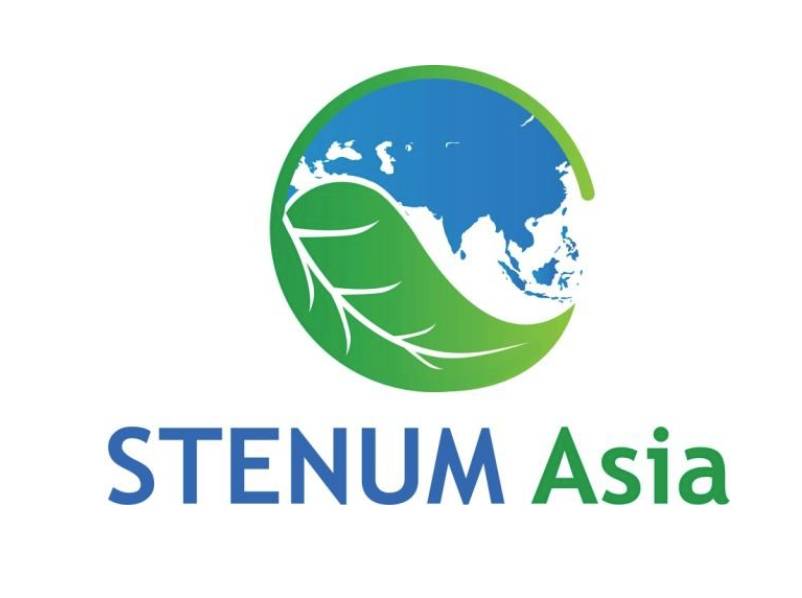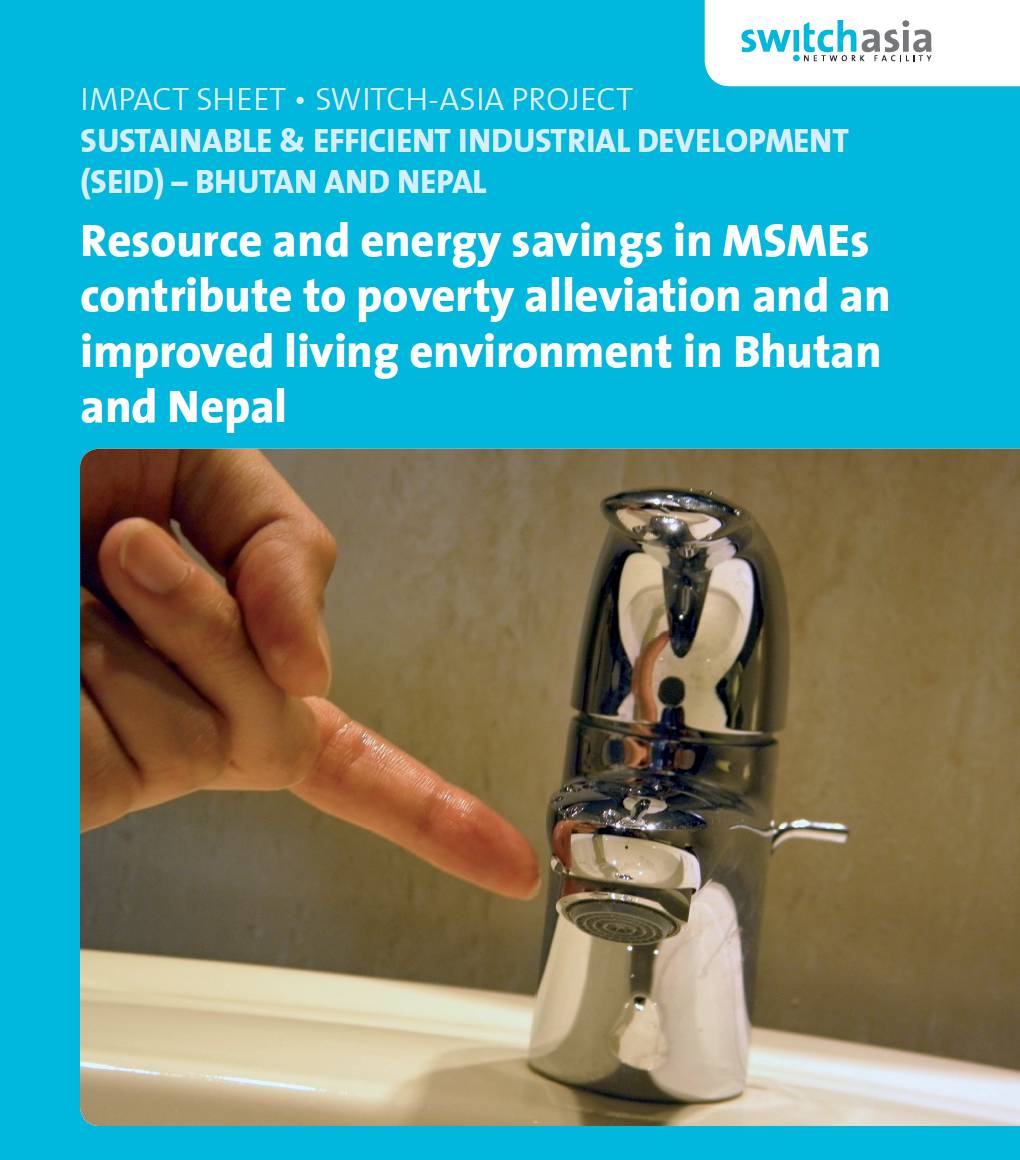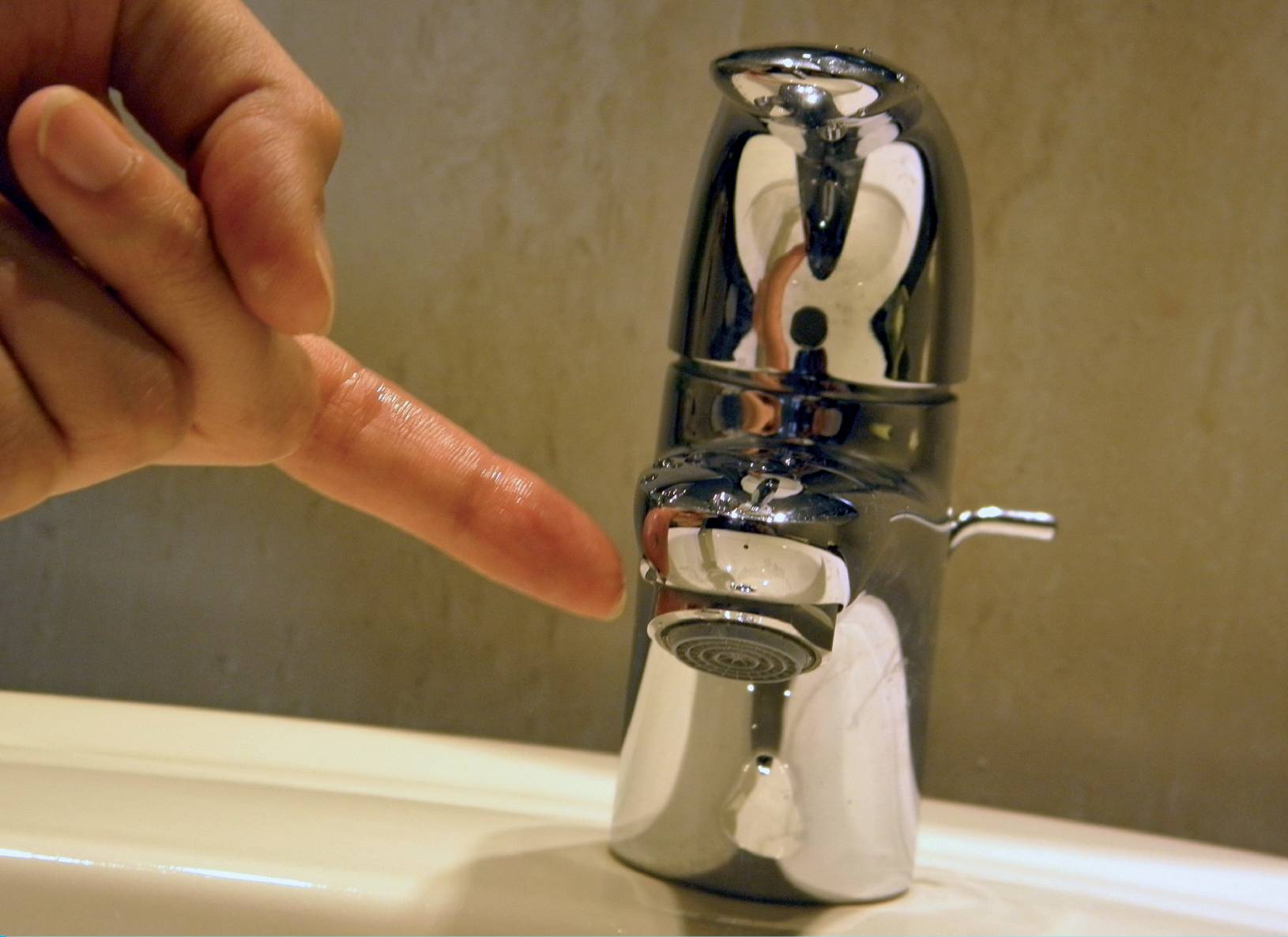
The Challenge
Landlocked countries, Nepal and Bhutan, are among the leastdeveloped countries (LDCs), with 77% of the population in Nepal and 49% in Bhutan living under poverty line (2010 data).Urban and rural dwellers in Nepal suffer from an acute energy crisis. Nepal also faces challenges to revive its tourism industry,which is affected by the recent earthquake. Bhutan’s economy depends heavily on imported goods and services, and local enterprises have difficulties in creating their own competence, which is pivotal for the future sustainability of the country’s economy and society. In both countries, there is great potential in development of the agro-based and tourism sectors, considering the climate and topographical conditions, as well as their rich cultural and historical heritage.
The Objectives
The project aims to contribute to sustainable development of Nepal and Bhutan through the reduction of environmental impact of industry, employment generation, and poverty alleviation, particularly in the tourism and agro-based industrial sectors. The specific objectives are:
- To reduce costs by saving resources with more efficient production and operation processes;
- To lower pollution by encouraging companies to implement appropriate treatment measures;
- To improve health and safety standards for workers;
- To enhance capacity of national consultants through training and field work;
- To provide access to existing knowledge and practice for sustainable consumption and production (SCP) from inter/national initiatives, as well as green financing schemes.
The Way Forward
- More than 40 local consultants and representatives from industries and academia have received intensive training on resource and energy efficiency, waste management, renewable energy and building energy performance;
- Ten Green Clubs (with 745 members in Bhutan and Nepal) have been established to promote the concept of environmental conservation;
- More than 200 MSMEs are receiving SEID’s consultation services and most are benefitting from reduced operational costs and optimised resource efficiency, as well as improved working environments;
- Developed appropriate technology solutions such as solar water heaters for hotels, dust collection systems for beaten rice mills, and improved cook stoves for restaurants;
- Established strategic networks. Formal agreements have been signed with a number of selected academic, governmental and business institutions;
- Mainstreamed RE and RP in policies. Governmental bodies and business associations have been provided with practical suggestions on how to implement and/or revise the existing policy documents, such as hotel rating standards and a cleaner production policy paper in Nepal; and green building guidelines and a subsidy programme for renewable energy (RE) technology in Bhutan.
Duration:
2/2012 – 11/2015Total Budget:
EUR 2,160,000 (EU Contribution: 90%)Lead Partners

Center for Appropriate Technology (GrAT)
Partners
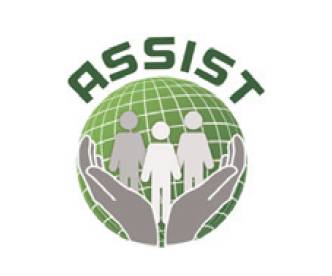
Asia Society for Social Improvement and Sustainable Transformation (ASSIST), The Philippines
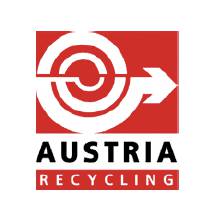
Austria Recycling (AREC)
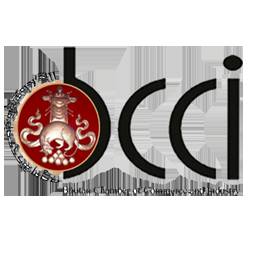
Bhutan Chamber of Commerce and Industry, Bhutan
Federation of Nepalese Chamber of Commerce and Industries (FNCCI), Nepal
